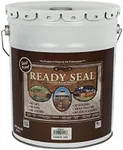Buying Guide for the Best Wood Fence Sealers
Choosing the right wood fence sealer is crucial to protect your fence from the elements and extend its lifespan. A good sealer will help prevent water damage, UV damage, and mildew growth, keeping your fence looking great for years. When selecting a wood fence sealer, consider the type of wood, the climate in your area, and the level of protection you need. Here are some key specifications to consider when choosing a wood fence sealer.Type of SealerThere are three main types of wood sealers: clear sealers, semi-transparent sealers, and solid sealers. Clear sealers provide minimal color change and allow the natural beauty of the wood to show through, but they offer less UV protection. Semi-transparent sealers add a slight tint to the wood, enhancing its natural color while providing better UV protection. Solid sealers offer the most UV protection and come in a variety of colors, but they cover the wood grain completely. Choose a type based on the level of protection you need and the look you want for your fence.
Water ResistanceWater resistance is a critical factor in a wood fence sealer as it helps prevent water from penetrating the wood, which can lead to rot and decay. Sealers with high water resistance will form a protective barrier on the surface of the wood. Look for products labeled as waterproof or water-repellent. If you live in an area with high rainfall or humidity, opt for a sealer with superior water resistance to ensure your fence remains protected.
UV ProtectionUV protection is important to prevent the wood from fading and becoming damaged by the sun's rays. Sealers with UV inhibitors will help maintain the color and integrity of the wood over time. If your fence is in a sunny location, choose a sealer with strong UV protection. Clear sealers offer the least UV protection, while solid sealers provide the most. Semi-transparent sealers offer a balance between the two.
Mildew and Mold ResistanceMildew and mold resistance is essential for preventing fungal growth on your fence, which can cause discoloration and damage. Some sealers contain mildewcides or fungicides to inhibit the growth of mold and mildew. If you live in a damp or humid climate, or if your fence is in a shaded area where it doesn't dry out quickly, look for a sealer with added mildew and mold resistance.
Ease of ApplicationEase of application can make a big difference in how quickly and effectively you can seal your fence. Some sealers are easier to apply than others, requiring fewer coats or less drying time. Consider whether the sealer can be applied with a brush, roller, or sprayer, and whether it requires any special preparation or cleanup. If you're a DIY enthusiast, you might prefer a sealer that's straightforward to apply and doesn't require professional equipment.
DurabilityDurability refers to how long the sealer will last before needing reapplication. High-quality sealers can last several years, while others may need to be reapplied annually. The durability of a sealer depends on its formulation and the environmental conditions it will be exposed to. If you want a low-maintenance option, choose a sealer known for its long-lasting protection. Keep in mind that more durable sealers might be more expensive, but they can save you time and effort in the long run.

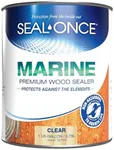
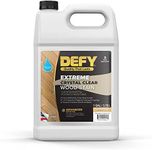
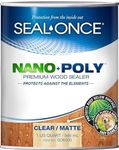
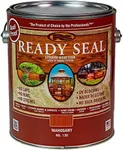


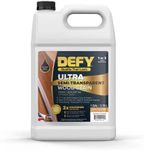
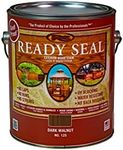



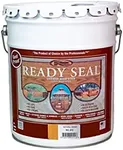
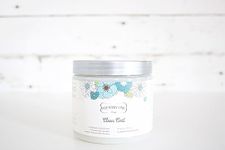
![Furniture Glaze - Antique Patina Special Effects Glaze for Chalk Style Furniture Paint, Eco-Friendly Wood Stain, 6 Color Choices - Tiger's Eye [Red Brown] - (4 oz)](https://images-proxy.bestreviews.guide/pyRIrBVyEFz_GqFv0bb1OcAgf0A=/0x150/https://m.media-amazon.com/images/I/41VtE3gL6yL._AC_CX679_.jpg)
